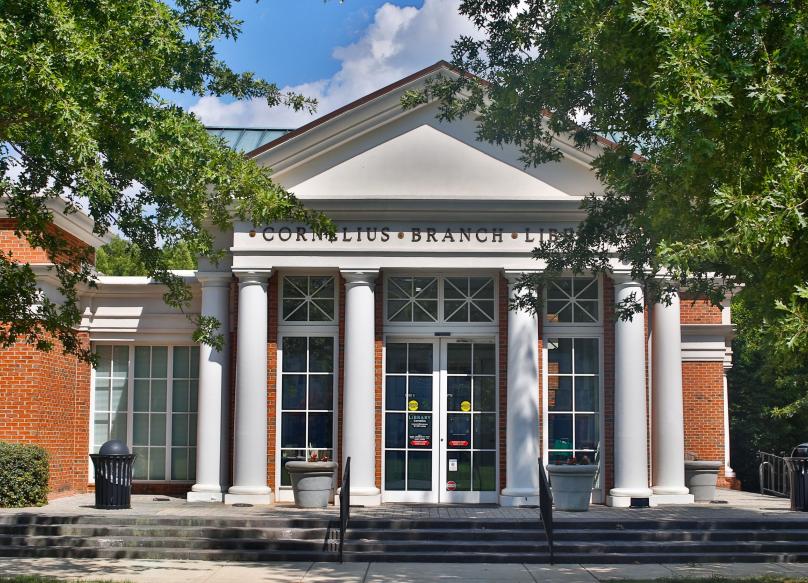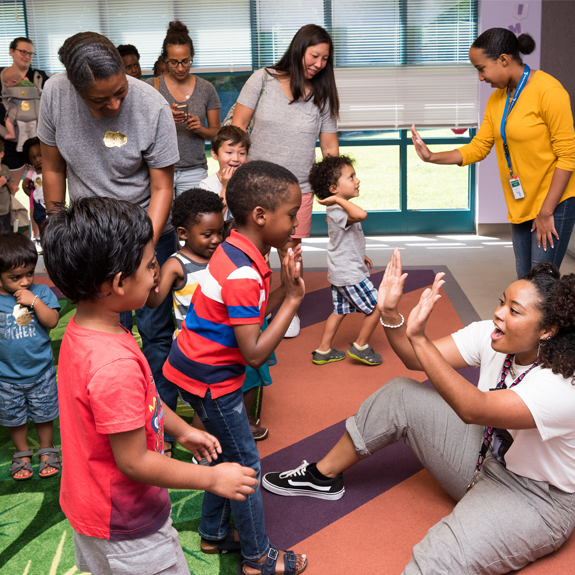Garrette E. Smith
Lonna Vines
Viviette White
Mike Wozniak
Cornelius Library
21105 Catawba Avenue
Cornelius, NC 28031
United States
Contact us:
(704) 416-3800 Hours:
Sunday Closed
Monday 9:00 am-8:00 pm
Tuesday 9:00 am-8:00 pm
Wednesday 9:00 am-8:00 pm
Thursday 9:00 am-8:00 pm
Friday 9:00 am-5:00 pm
Saturday 9:00 am-5:00 pm
After Hours Book Drop | Available

What We Offer
View Branch Events
Image

